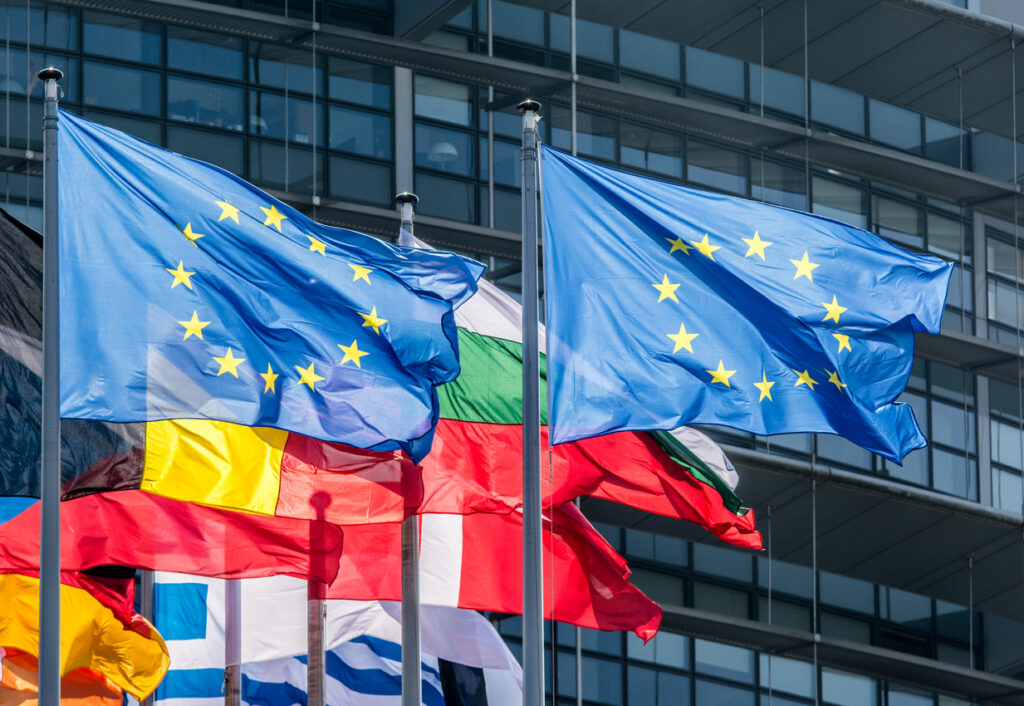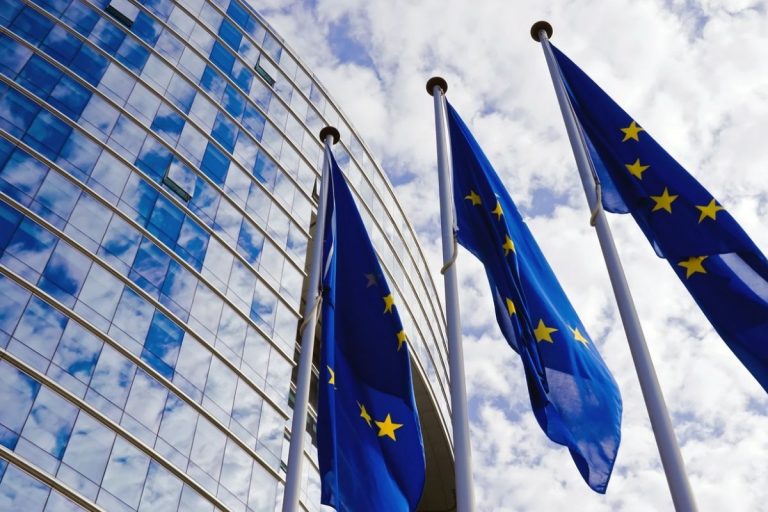European Union Council has advised members to reopen their borders to travelers from third-party countries who have received EU- and WHO-approved vaccines.
It’s hard to believe, but most EU countries still refuse to admit visitors who have received jabs that have not been approved and even manufactured in the EU.
The recommendation to remove the ban on non-essential travel also includes people who have recovered from the virus within the last 180 days.
“Member states should lift the temporary restriction on non-essential travel to the EU for persons vaccinated with an EU- or WHO-approved vaccine,” said the council adopted on Feb. 22.
All EU-approved and WHO-approved vaccines, including those from Pfizer, Moderna, and Johnson & Johnson, qualify for the recommendation.
In addition to these companies, the WHO has approved vaccines manufactured by Sinopharm (1099.HK) and Sinovac (SVA.O) in China, as well as Bharat Biotech in India.
It has also approved the AstraZeneca vaccine, but only the one produced by the Serum Institute.
To be eligible, visitors must have received their last dose at least 14 days and no more than 270 days prior to arrival, or have received a third shot.

Those whose vaccines have been approved by the (WHO) but not by the European Medicines Agency (EMA) must submit a negative COVID-19 test within 72 hours of departure.
“A negative PCR test before departure could also be required for persons who have recovered from COVID-19, as well as for persons who have been vaccinated with an EU-approved vaccine but do not hold an EU or equivalent certificate,” the Council notes.
Under the new guidelines, people aged six to 18 should be permitted to enter if they can produce a negative PCR test taken within 72 hours before departure. All entry restrictions must be waived for children under the age of six.
Passengers should be aware that EU recommendations are non-binding, and member states are free to set their own entry requirements.
In fact, a growing number of European countries have begun to totally remove travel requirements for visitors from all countries.

